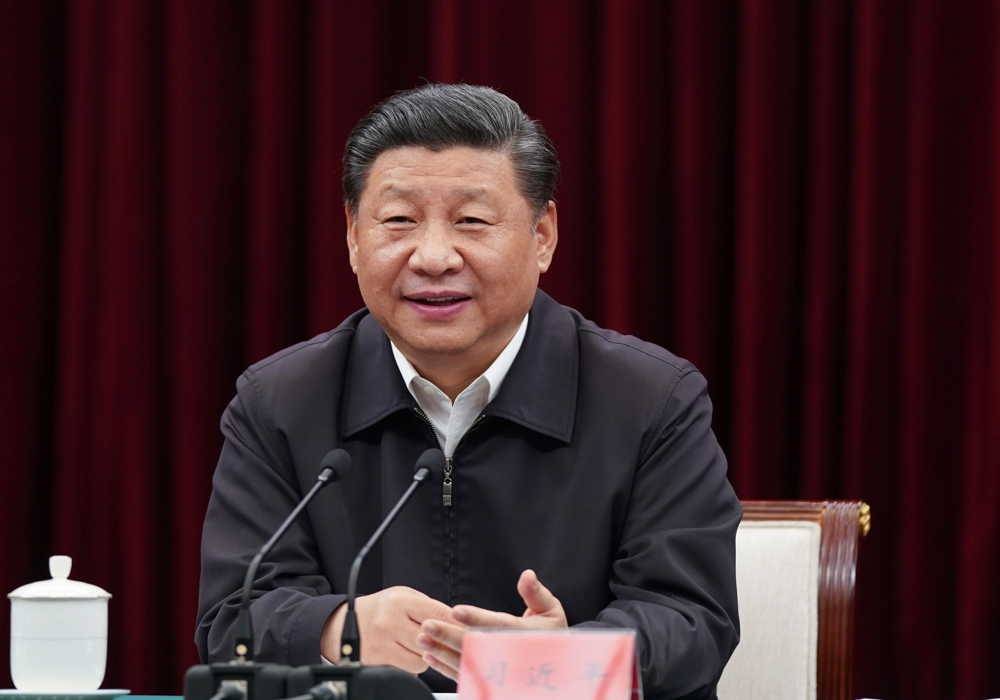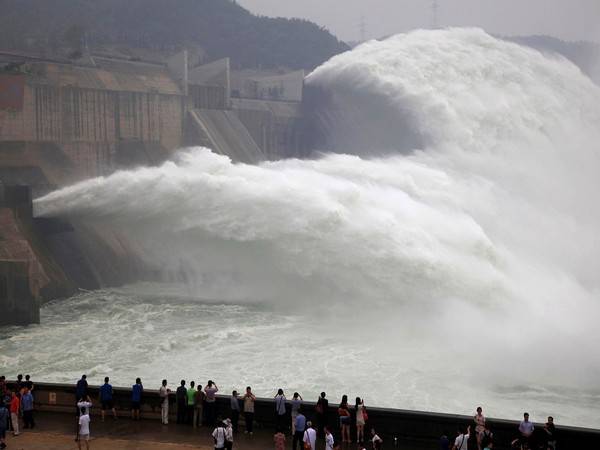Owing to China’s haphazard construction activities in the upper Mekong, the regions in the lower basin area are witnessing droughts…reports Asian Lite News
China’s construction of large hydropower dams along the River Mekong is causing problems downriver, leaving the region dry having devastating impacts on water availability and the fertile soil that feeds hundreds of millions of people in Southeast Asia.
Fabien Baussart, in a blog post in The Times of Israel, said that the people living along the river and even those dependent on its water are now staring at survival.
The gravity of the problem can be gauged from the fact that Laos, which has a poor rating for transparency and accountability, has planned to build 140 dams on the Mekong and its tributaries with financial assistance from China.
River Mekong that originates in the Tibetan plateau and flows through six countries is home to the world’s largest inland fishery and supports the livelihoods of over 60 million people in poor countries like Myanmar, Thailand, Laos, Cambodia, and Vietnam.
China has built as many as 11 giant dams in the mountainous region of the upper Mekong to meet its energy needs. Moreover, it has plans to widen the river and build hundreds of dams in the Lower Mekong River and its tributaries as a part of the Belt Road Initiative (BRI), reported The Times of Israel blog post.
Owing to China’s haphazard construction activities in the upper Mekong, the regions in the lower basin area are witnessing droughts as well as the destruction of fishery and agriculture activities.
Now, the further construction activities under BRI, which include altering Mekong’s flow, are going to have serious negative environmental impacts that will destroy millions of livelihoods in poor South Asian countries, wrote Baussart.

A 2018 report by Mekong River Commission, an inter-governmental river basin organisation, said the dam construction activities will have a negative impact on the ecology and health and livelihood of poor people living along the River Mekong.
“Hydropower projects reduce wet-season flows and increase dry-season flows under normal operations (except for climate extremes). This increases irrigation potential, reduces flood damage, provides drought relief, but has negative impacts on river ecosystems, sustainability and food security associated with fisheries,” warned the report.
Not just river beds but villages along the river were demolished to make a way for giant Chinese-constructed dams. In 2019, the water level in the Mekong River had dropped to its lowest level in a century. This had impacted fish supplies, rice plantation and overall health of the ecosystem around the river badly, reported The Times of Israel.
As dams were constructed without any checks, the Mekong region was leading toward “ecological peril,” accelerated by climate change, which may cause the river to die soon, said Brian Eyler, Director of the Southeast Asia program at the Stimson Centre.
China’s dam in the upper Mekong region has led to a decrease in water levels in the lower river basin, causing droughts. This has impacted Vietnam significantly, forcing people to travel a long distance to get water for daily use, wrote Baussart.
The construction of the Nuozhadu dam by China has led the Mekong River to change its natural course, leading to a “severe lack of water in the lower Mekong”, showed satellite data from 1992-2019.
The South-East Asian countries are too weak to demand China to stop blocking water. They continue to face the ill- effects of Chinese dam constructions.
In Cambodia, the fishery and rice cultivation have been impacted as hydroelectric dams caused a reduction in the supply of fish and nutrients.
In Thailand, the army had to be called in to assist people who were affected by droughts, fuelled by the Xayaburi dam on the Mekong.
Moreover, the Beijing government has plans to widen the Mekong by detonating explosives to blast rocks and sandbars to create a passage for large 500-ton Chinese riverboats.
Environmentalists blamed China for giving primacy to economic interests brought about by hydroelectricity, rather than acknowledging the adverse impacts on the Mekong River and communities in the lower flow, wrote Baussart. (ANI)
ALSO READ: Pak confident on China, but says there are no free lunches














